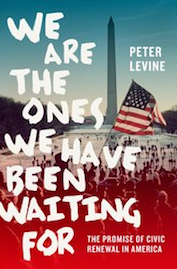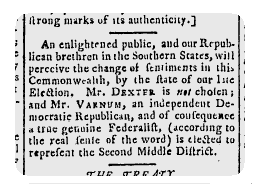I had always admired Ivan Illich for his penetrating insights into the pathologies of modern life and the human condition. Like dormant seeds, they sprouted at just the right time in my life and helped me develop a vocabulary for better understanding the commons.
The recent conference in Oakland – “After the Crisis: The Thought of Ivan Illich Today,” on August 1-3 -- gave me an enlarged, fresher understanding of Illich's life and writings. Below I’d like to share some of the highlights of the conference, which can help us recover and rejuvenate Illich's thought for our time. (Illich wrote his most famous works in the 1960s and 1970s, and died in 2002.)
As I mentioned in an earlier post, Governor Jerry Brown, a long-time friend of Illich’s, opened the conference with a short talk. He had met Illich at Green Gulch, a Zen monastery in Marin County, in the 1970s. Brown noted that Illich’s work cannot be fit into any political, religious or philosophical pigeonhole because. He ranged freely across artificial disciplinary boundaries, and put a central emphasis on aliveness (which is distinct from “life”). Much of Illich’s work, said Brown, was about challenging “the certitudes of modernity.”
In a short, just-released collection of four Illich essays, Beyond Economics and Ecology (Marion Boyars Publishers) Governor Brown writes in the preface that Illich “questioned the very premises of modern life and traced its many institutional excesses to developments in the early and Medieval Church.” In the 12th century and after, the Church and later the nation-state began to appropriate for themselves Christ’s narratives about salvation and the sacred, and put them to decidedly more secular, worldly use.
This has culminated in the profound alienation of modern times, in Illich’s view. As Governor Brown writes, Illich “saw in modern life and its pervasive dependence on commodities and services of professionals a threat to what it is to be human. He cut through the illusions and allurements to better ground us in what it means to be alive. He was joyful but he didn’t turn his gaze from human suffering.”
The Oakland conference consisted of ten speakers, most of whom had known Illich as collaborators and sparring partners. I can’t summarize all of the presentations or capture all of their subtle complexities, but let me excerpt a handful of thoughtful comments.

 Our confabs (interactive conference calls) are free and open to all NCDD members and potential members.
Our confabs (interactive conference calls) are free and open to all NCDD members and potential members. 


 For the past three days I've been attending a fantastic conference, "After the Crisis: The Thought of Ivan Illich today," in Oakland, California, at the Oakland School for the Arts. Illich was an iconoclastic social critic, Jesuit priest, radical Christian, historian, scientist and public intellectual who was especially famous in the 1970s and 1980s for his searing critiques of the oppressive nature of institutions and service professions. His writings also explored the nature of the nonmarket economy, or "vernacular domains," as he put it, which are the source of so much of our humanity and, indeed, the source of commoning.
For the past three days I've been attending a fantastic conference, "After the Crisis: The Thought of Ivan Illich today," in Oakland, California, at the Oakland School for the Arts. Illich was an iconoclastic social critic, Jesuit priest, radical Christian, historian, scientist and public intellectual who was especially famous in the 1970s and 1980s for his searing critiques of the oppressive nature of institutions and service professions. His writings also explored the nature of the nonmarket economy, or "vernacular domains," as he put it, which are the source of so much of our humanity and, indeed, the source of commoning. 